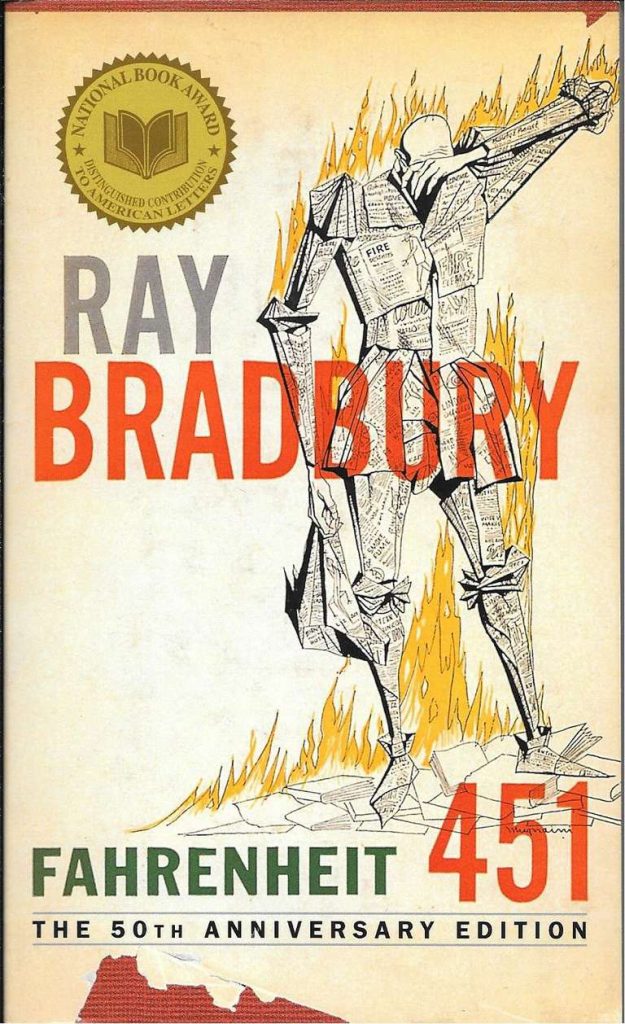The weather is getting chillier, the Halloween decorations are cropping up at stores, and the release of the pumpkin spice latte can only mean that fall is officially upon us so this month’s question is all about fall favorites!

What are some of your favorite books, movies, TV shows, video games, recipes, drinks, or outfits that get you into the autumn spirit? Is there anything you indulge in during the fall months? Is there anything you’d recommend to get others into the autumnal vibe?

Shelia, Interlibrary Loan and Cataloguing: I love curling up with a cozy blanket to watch Hocus Pocus and sip on a cup of hot apple cider with a splash or two of caramel vodka. Chili simmering in the crock pot is one of my favorite autumn meals.
Tabbitha, Youth Services: As you know, I have been enjoying the change of weather and all the rain we are having. Here are some of my Autumn Favorites!
- Book: Matilda by Roald Dahl , We Used to Live Here By Marcus Kliewer Anything by Edgar Allen Poe is wonderful for this type of weather.
- Movies: Knives Out, Hocus Pocus, Princess Bride, and the Lord of the Rings trilogy
- Television Show: Gilmore Girls, Tedd Lasso, and Abbott Elementary
- Food & Drink: I love a good pot of chili, pot roast, or soup. Also, a good cup of hot Pumpkin flavored coffee with a dash of honey.
- Clothes: A good chunky sweater, long socks, and a good pair of sneakers.
Maycie, Public Support Services: I love to do an autumnal simmer pot! Lots of oranges, cinnamon, anise and other spice blends to really make our home smell like fall.


Alyssa, Adult and Teen Services: I’m definitely a basic girl when it comes to the autumn season so I’m down for getting a hot pumpkin spice latte and putting on a cozy hoodie or flannel. I’ve been re-watching Over the Garden Wall this month which has such a delightful fall vibe, and I’ve had The Pumpkin Princess and the Forever Night by Steven Banbury and The Undead Fox of Deadwood Forest by Aubrey Hartman on my TBR, waiting for autumn.
Dawn S., Youth Services Coordinator: This is my favorite time of the year. I spend a lot of time at pumpkin patches and my boys and I love P&M in Moundridge. I consider this chili and soup weather although I eat those year-round. I also enjoy getting apple cider. Right now, I’m watching Gilmore Girls again.
Shane, Public Support Services: Hot cider and flannel shirts are my go to for fall. We also do simmer pots with herbs and spices to make the house smell amazing and keep the humidity up inside. Highly recommend.


